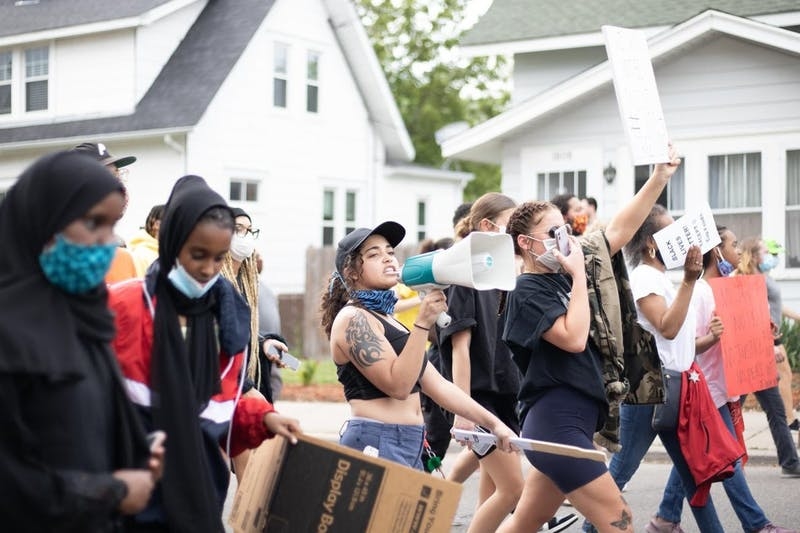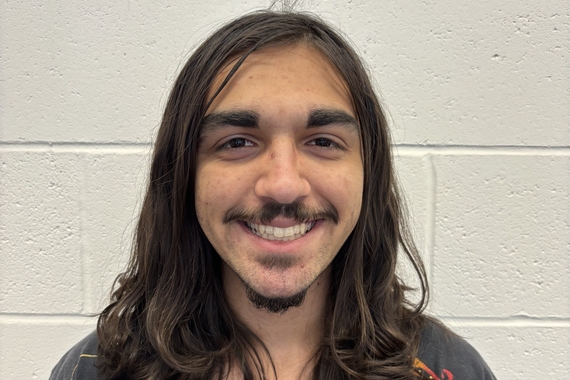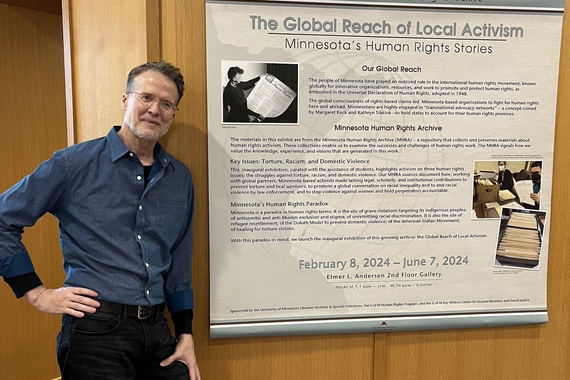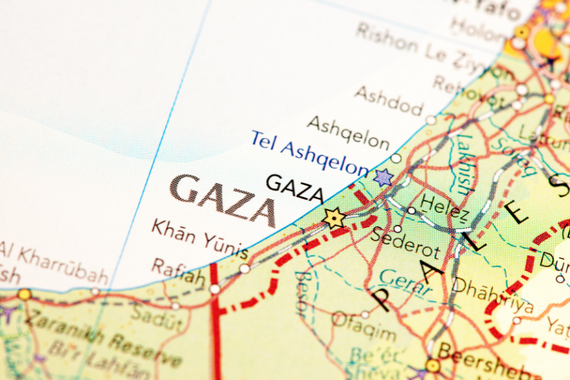Human Rights Start at Home
A team of Master of Human Rights students has submitted their research on the harassment and surveillance of anti-police brutality activists in the Twin Cities to the United Nations Office of the High Commissioner for Human Rights (OHCHR). The research, which includes interviews with three local human rights defenders working against police brutality and systemic racism, will inform OHCHR’s upcoming report on racially discriminatory practices in law enforcement and human rights violations against persons of African descent. The submission can be viewed online and will soon be published to the OHCHR website.
The team, led by Angela Rose Myers (‘23), conducted its work as part of retiring Human Rights Program Director Barbara Frey’s Human Rights Advocacy course. “We are grateful to have conducted this research with community and institutional support,” Myers told the Human Rights Program. Myers, president of the Minneapolis NAACP from 2020 to 2021, says she wanted to use the opportunity to expose the full extent of police misconduct in Minnesota and work toward policy solutions that better protect human rights.
The team's findings
The team found that harassment and surveillance of anti-police brutality human rights defenders takes place both within and outside of protest settings, even though stakeholders have focused much of their attention on violations in the context of demonstrations. The activists they interviewed report that law-abiding members of their communities have been followed, surveilled, pulled over, cited, detained, and even had their homes raided by officers who sought to punish and deter them from participating in human rights activism. Toshira Garraway, founder of Families Supporting Families Against Police Violence, told the researchers that she and her loved ones had personally been followed by a St. Paul police officer following the suspected police killing of her fiancé Justin Teigen in 2009.
The researchers conclude that the practices they document are systematic and perpetuated by a culture of impunity in the Minneapolis Police Department (MPD). “The misconduct and harassment by MPD has been anything but isolated,” wrote Socorro Topete (‘23), another researcher who contributed to the submission. “The violence, harassment, and surveillance that MPD has taken part in has imprinted on this city.” An analysis of department records following the murder of George Floyd in May 2020 found that just 2.6% of complaints against Minneapolis police officers result in any form of disciplinary action.
OHCHR will publish the students’ submission alongside its second annual report on systemic racism in law enforcement later this year. The UN Human Rights Council requested the report in July 2021 to follow up on OHCHR's agenda for transformative change and racial justice in law enforcement. Then-MHR students Ta’Mara Hill (‘21) and Nkuli Shongwe (‘21) contributed to the OHCHR agenda with a memo describing their research on protection networks for the Black liberation movement.
The students’ submission comes shortly after the Minnesota Department of Human Rights (MDHR) concluded its investigation into racial discrimination by the city of Minneapolis and MPD. In a report this April, MDHR documented a litany of abuses including what it describes as “significant racial disparities” in the use of force, traffic stops, searches, citations, and arrests by MPD officers, as well as surveillance and harassment of law-abiding Black organizers on social media without department supervision.
MDHR concludes that the city and department engaged in an unlawful pattern of race discrimination in violation of the Minnesota Human Rights Act. It is now in the process of negotiating a consent decree with the City of Minneapolis, which would bind the city to make specific and timely changes to its policing practices or face legal sanctions. Minnesota Human Rights Commissioner Rebecca Lucero has called the move unprecedented.
Myers expresses cautious optimism at the investigation and consent decree. “The MDHR findings further validated our research,” she says. “[W]e are hopeful that the City of Minneapolis reviews retaliatory police practices and puts structures in place to protect the human and civil rights of Minneapolis residents.”



